The HSE have announced that during January, February and March 2020 their inspectors will be targeting metal fabrication workplaces. The inspection programme will be focussing on the control of substances hazardous to health, in particular welding fume and metalworking fluids.
In February 2019 the HSE issued a safety alert following the publication of scientific evidence that exposure to all welding fume, including mild steel welding fume, can cause lung cancer.
The HSE state that they will expect suitable engineering controls to be in place for all welding activities carried out indoors e.g. Local Exhaust Ventilation (LEV), and where
LEV alone does not adequately control exposure, it should be supplemented by adequate and suitable respiratory protective equipment (RPE) to protect against the residual fume.
For welding carried out outdoors they will expect suitable RPE to be used. Workers should be trained to correctly use any RPE and LEV provided, this should be suitable for the task and maintained in good condition.
It is also important to manage exposure to metal working fluids as inhaling mists produced by metalworking fluids in use can also cause lung diseases and skin contact can lead to dermatitis.
Exactly what controls are required will depend on the circumstances but as a general rule work activities and operations should be designed to minimise emissions and contact with metalworking fluids, this may for example involve enclosing a process or the use of LEV. Where exposure cannot be adequately controlled then control measures should be put in place to minimise exposure and suitable Personal Protective Equipment (including RPE) should be provided. In all cases workers should receive adequate information, training and supervision.
Please speak to your normal PIB Risk management contact or get in touch using [email protected] if you have any questions about the control of substances hazardous to health in your workplace.
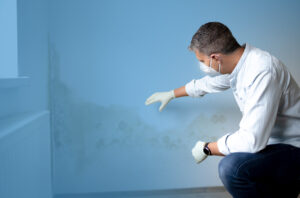
New rules for providers of social housing in England
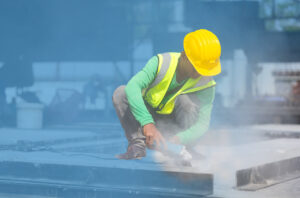
Small but mighty – working safely with nanomaterials
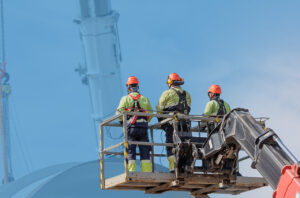
Do you have a MEWP rescue plan?
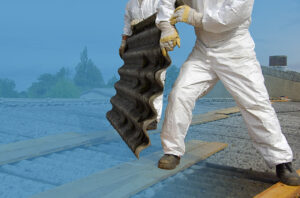
Changing the asbestos control regime
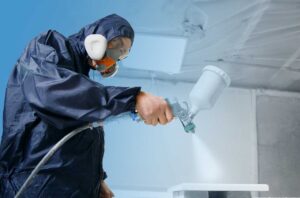
HSE Launch Motor Vehicle Paint Spraying Campaign
